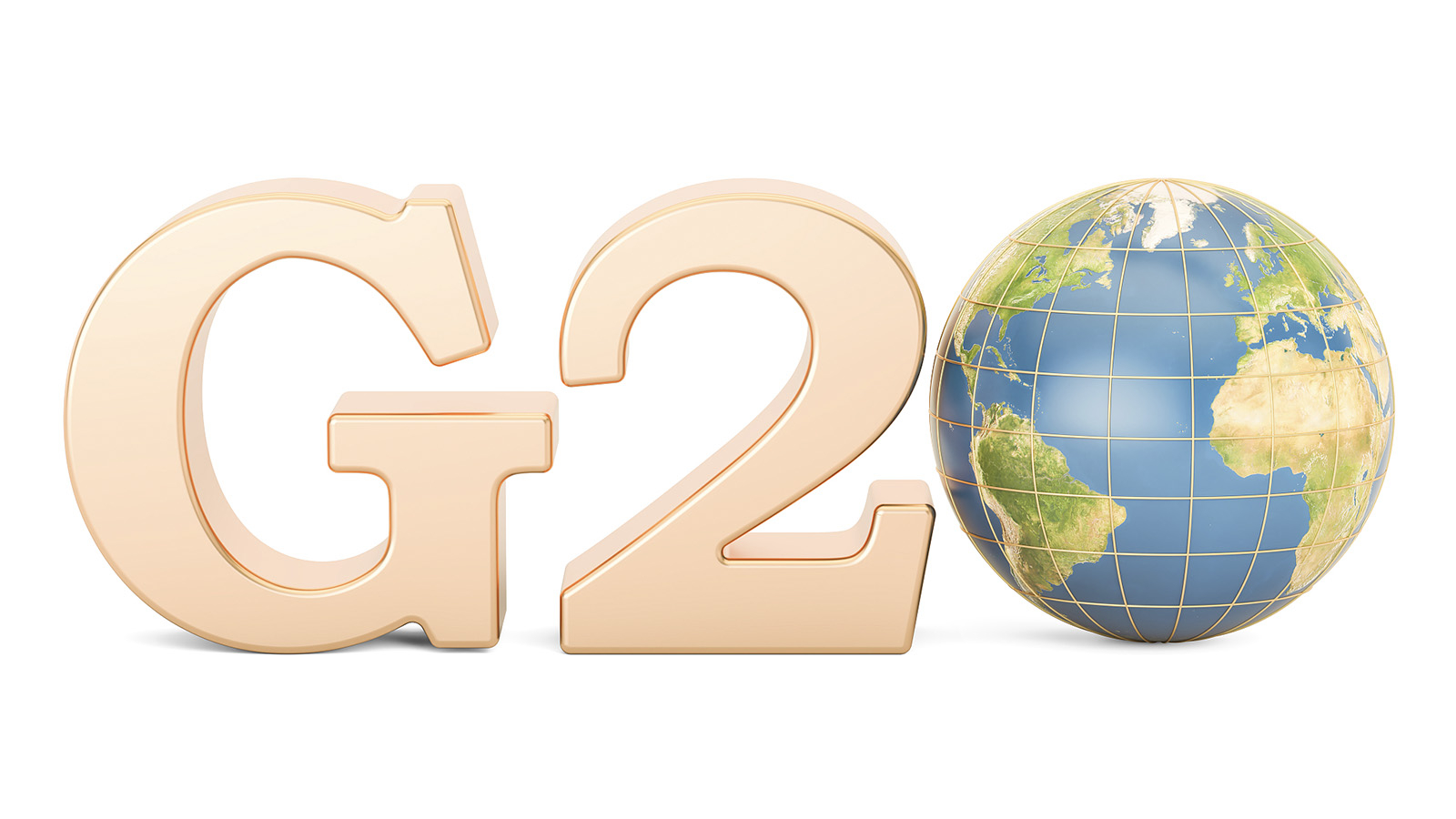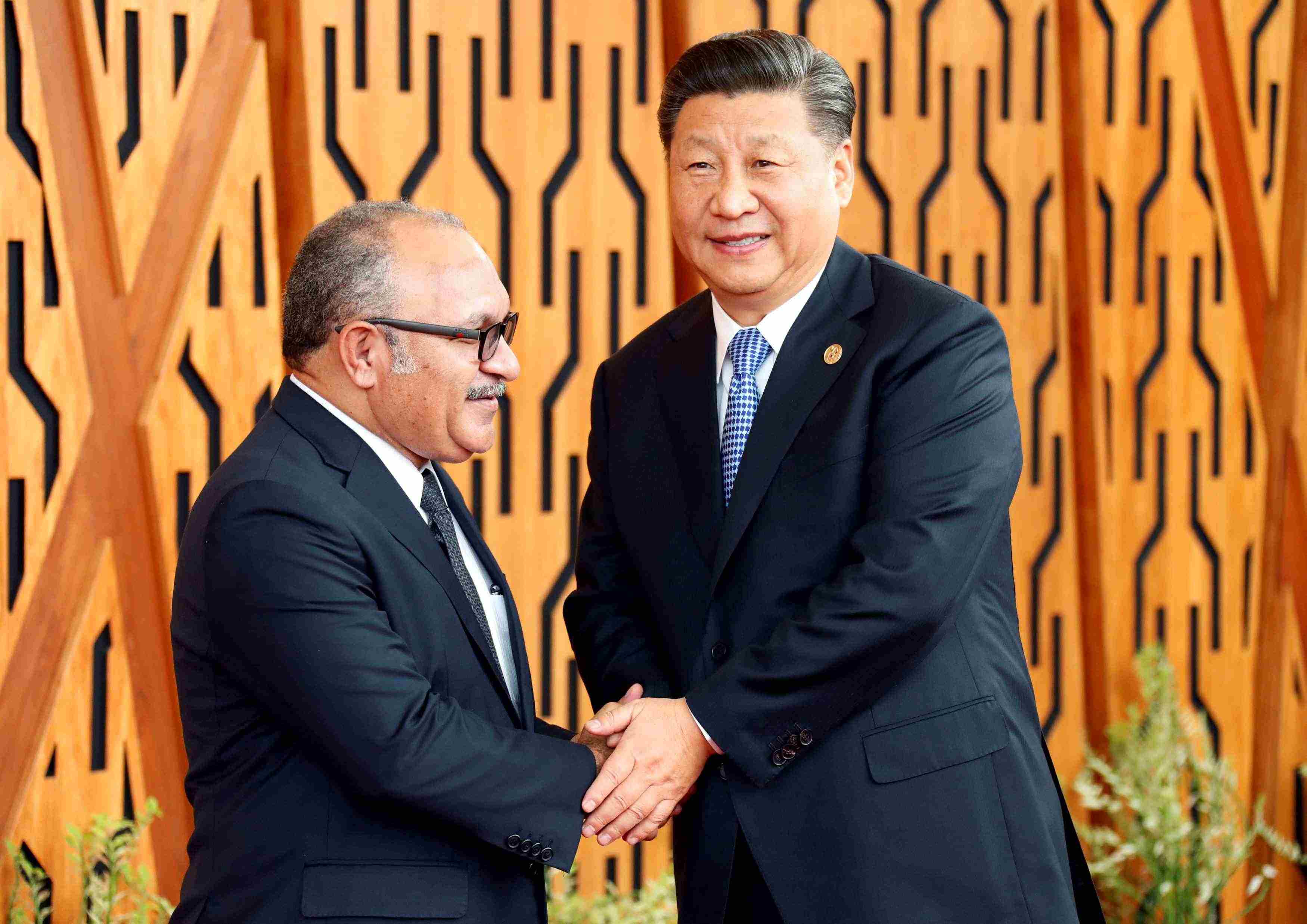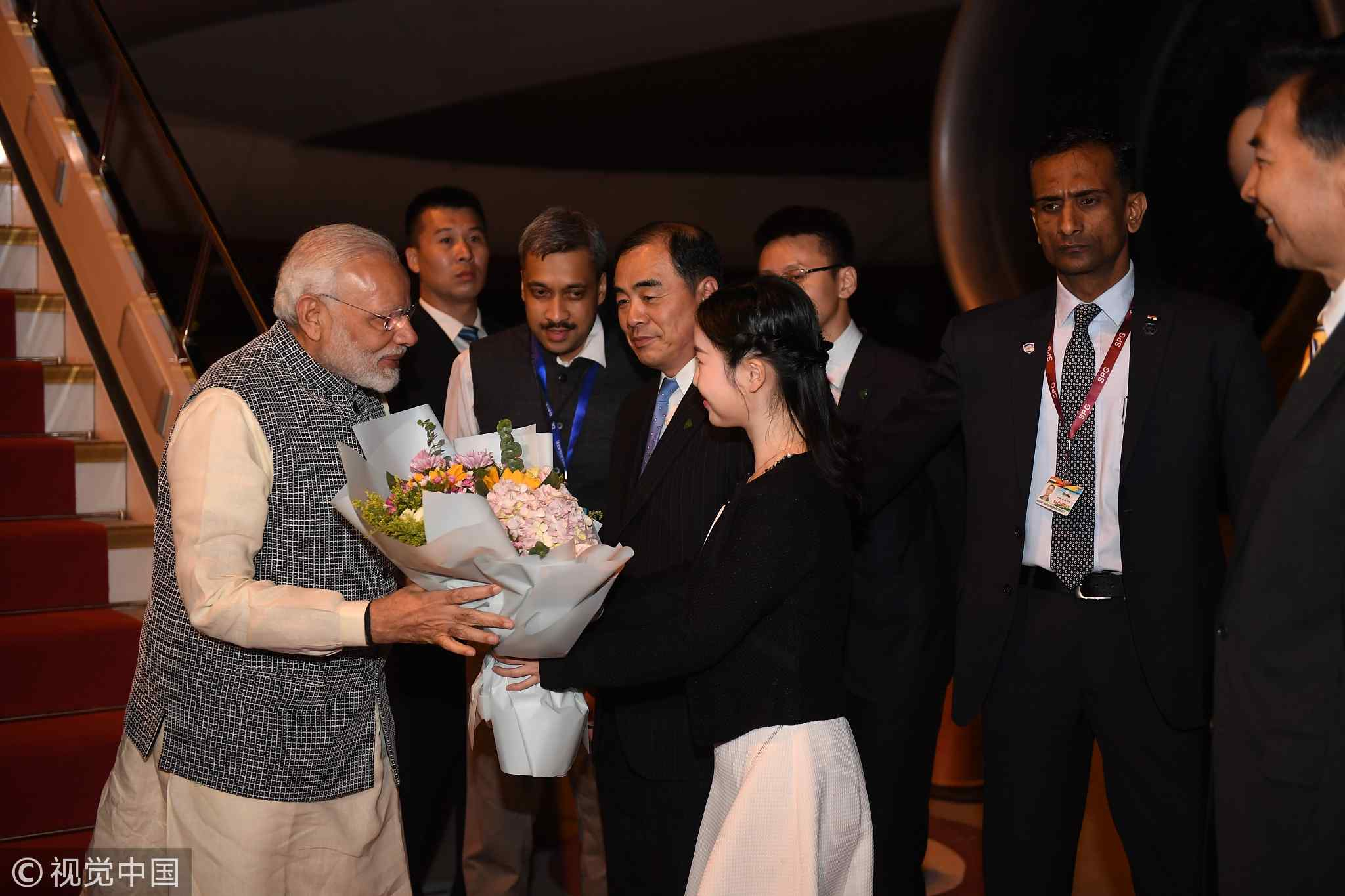
Opinions
01:32, 01-Dec-2018
Opinion: India and China should unite over globalization goals at G20
Updated
01:07, 04-Dec-2018
By Manisha Chakraborty

Editor's Note: Manisha Chakraborty is a freelance journalist based in India. The article reflects the author's opinion, and not necessarily the views of CGTN.
Themed "Building Consensus for a Fair and Sustainable Development", this year's G20 summit will see world leaders who represent around 85 percent of the world's economy gathering in Buenos Aires on November 30-December 1 to guard globalization and multilateralism.
It is anticipated that the premier forum for international economic cooperation will be watched closely by the global public because, as Chinese President Xi Jinping noted, "The mechanism belongs not only to its members but also to the entire world."
A world under the shadow of protectionism and unilateralism
The 13th G20 summit is taking place at a time when the world faces extraordinary political and economic challenges caused by U.S. President Donald Trump's protectionist policy and UK's divorce from the European Union (EU).
The positive side is that many countries including China are defenders for free trade and global interconnectivity. It is expected that other G20 summit members will present a common front against Trump, particularly over trade protectionism, the refugee crisis, and climate change.

Farmer Terry Davidson walks through his soybean fields in Harvard, Illinois on July 6, 2018, the day China imposed retaliatory tariffs on U.S. imports. /VCG Photo
Farmer Terry Davidson walks through his soybean fields in Harvard, Illinois on July 6, 2018, the day China imposed retaliatory tariffs on U.S. imports. /VCG Photo
All eyes are expected to be on the most anticipated meeting that President Xi would have with his U.S. counterpart Trump. The meeting holds special significance since the U.S. and China, the world's two largest economies, are entering a cold spell of a trade war that Trump started this year.
Oddly enough, Trump has repeatedly warned that he will tax nearly all Chinese imports if Beijing does not open its markets to U.S. companies and end its unfair practices.
The Trump statement indicates that many countries in the world will feel the ancillary impact of the trade disputes between the two countries.
In the wake of tariff threats by Trump, one of President Xi's remarks on this issue deserves to be quoted while delivering a speech at the APEC CEO Summit in Port Moresby on November 17: "Mankind has once again reached a crossroads. Which direction should we choose? Cooperation or confrontation? Openness or closing one's door? Win-win progress or a zero-sum game? The interests of all countries and indeed, the future of mankind hinge on the choice we make." Undoubtedly, Xi's speech sent a clear signal to preserve multilateralism and reject protectionism.
It is hoped that the U.S. will join hands with China to uphold the great goal of an open world economy. This is the right choice that serves the interests of the people of the world.

Chinese President Xi Jinping (R) is greeted by Papua New Guinea's Prime Minister Peter O'Neill (L) as he arrives for the APEC, Port Moresby, Papua New Guinea, November 17, 2018. /Reuters Photo
Chinese President Xi Jinping (R) is greeted by Papua New Guinea's Prime Minister Peter O'Neill (L) as he arrives for the APEC, Port Moresby, Papua New Guinea, November 17, 2018. /Reuters Photo
A chance to improve India-China relations
The G20 is a broader co-operation platform to aid India-China relations. President Xi and Prime Minister Modi are to take part in the BRICS leaders meeting on the sidelines of the G20 meetings on November 30.
The two leaders last met on the margins of the 10th BRICS summit in Johannesburg, South Africa on July 26 this year, in which the two leaders emphasized the need to maintain the "momentum" generated by their two-day informal summit in the Chinese city of Wuhan in late April.
Surely, the Wuhan meeting, followed by Qingdao SCO summit in June, has given a new strength to India-China ties and also provided new opportunities for bilateral cooperation.
It's really encouraging that the efforts to improve the relations between the two countries is embodied by the two leaders extending their hands of friendship at every available opportunity and there is hope that such exchanges will lead to greater understanding and even better trade and bilateral ties.

Indian Prime Minister Narendra Modi (L) is being welcomed upon his arrival in Wuhan on April 26, 2018, ahead of a meeting with Chinese President Xi Jinping. /VCG Photo
Indian Prime Minister Narendra Modi (L) is being welcomed upon his arrival in Wuhan on April 26, 2018, ahead of a meeting with Chinese President Xi Jinping. /VCG Photo
Here it is also worth noting that in last summer, Indian policy towards China entered a dangerous phase when Indian border troops crossed into Chinese-controlled territory at the border near Donglang in southern Tibet.
Thankfully, the standoff was eventually resolved through diplomatic means on August 28, 2017, allowing India-China ties to get back on a healthy track.
Also, it should be noted here that after Trump's walkout from the Paris Climate Change Agreement, the leaders of 19 nations reaffirmed their commitment to the Paris Agreement at last year's G20 summit in Hamburg of Germany, saying it is "irreversible."
No doubt, in the light of the recent California forest fires, the implementation of the Paris Agreement is globally essential to fight climate change.
Hopefully, as members of the G20 and BRICS, China and India have also made a public stance for the battle against climate change. Both countries have assured they will not pull out of the 2015 Paris Agreement.
Thirty years ago, in Beijing in December 1988, Deng Xiaoping, the chief architect of China's reform and opening-up policy, told Rajiv Gandhi, then Indian prime minister that the Asian century can only be realized when both China and India become developed.
As two big neighboring countries, China and India are the two most vital powers within the G20 economies. With the world undergoing profound changes, the two countries need to have trust and confidence.
It is hoped that during their bilateral meeting, both sides will show maturity in solving neighborly quarrels and other important problems related to economic and trade cooperation, safeguarding the multilateral trading system with the World Trade Organization at its core.
Last but not least, India should align with China and refrain from embracing Trump's Indo-Pacific strategy, as nothing will come for free from today's U.S.
(If you want to contribute and have specific expertise, contact us at opinions@cgtn.com)

SITEMAP
Copyright © 2018 CGTN. Beijing ICP prepared NO.16065310-3
Copyright © 2018 CGTN. Beijing ICP prepared NO.16065310-3